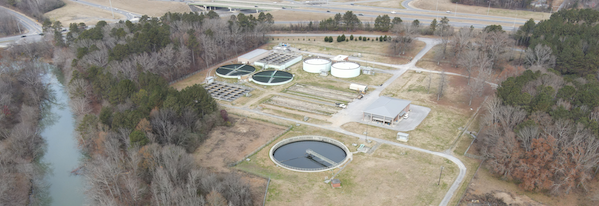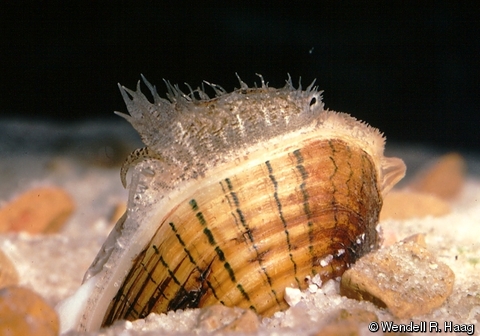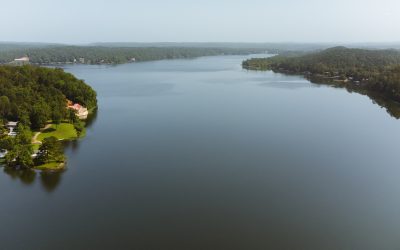GADSDEN, Ala.— Conservation and community groups filed a formal notice today of their intent to sue the city of Gadsden, Alabama for years of Clean Water Act violations by the city’s wastewater-treatment system. The city’s failure to properly maintain its system has resulted in cracked sewer pipes, leaking manholes, blockages and pump-station failures.
Gadsden’s wastewater-treatment system has experienced more than 150 illegal sewer overflows in the past five years. The overflows have resulted in thousands of gallons of untreated or partially treated sewage flowing into houses, onto streets and into Neely Henry Lake, the Coosa River, Big Wills Creek, Black Creek and their tributaries and surrounding wetlands.
Today’s notice was filed by Coosa Riverkeeper, the Center for Biological Diversity, Advanced Etowah and Our Children’s Earth Foundation.
“Families who live, work and play in Gadsden and on the Coosa River deserve better,” said Justinn Overton, the Coosa Riverkeeper. “The frequency and volume of sanitary sewer overflows impact water quality and public health throughout the city. These overflows are in direct violation of their state-issued permits and the Clean Water Act.”
The sewer-system defects have also allowed rainwater and groundwater to enter the sanitary sewer system. The excess water overwhelms sewer pipes and manholes, leading to high-volume overflows of untreated sewage.
Many waterways in the Gadsden area have chronically high levels of pathogens like E. coli, leading to significant water-quality problems that harm aquatic species, human health and the health of the Coosa River. Coosa Riverkeeper’s water-quality program, Swim Guide, collects data in many of these areas and makes that information available to the public.
Coosa Riverkeeper has received multiple complaints from community members in Etowah County over the past year related to sewage overflows. Complaints range from odor issues to overflowing manholes and failing pump stations throughout Gadsden. These overflows disproportionately affect low-income communities and communities of color.
“Children, seniors and people with decreased immunity are especially vulnerable to health problems that can be caused by sewage pollution. As with so many other issues, this kind of pollution impacts underserved communities the most. There is no excuse for it,” said Annie Beaman, director of advocacy and outreach for Our Children’s Earth. “The city of Gadsden should get its house in order by prioritizing residents’ well-being instead of pandering to polluters that would further burden an already overburdened sewer system.”
Despite existing capacity and treatment issues, in 2020 the city of Gadsden agreed to accept hundreds of thousands of gallons of additional wastewater a day from a proposed Pilgrim’s Pride chicken-parts rendering plant. That agreement was suspended earlier this year and remains under review.
“The system is broken in Gadsden and these Clean Water Act violations show the Gadsden sewer system is no exception. If Gadsden residents are having sewage overflows invade their homes now, can you imagine what adding a chicken-parts rendering plant discharging 621,000 gallons of waste per day into the system would create?” said Christie Knowles of Advance Etowah. “For the city of Gadsden to have recruited such a huge industrial polluter to connect on to its broken system is irresponsible and unconscionable. This is yet another reason to ‘Reject the Rendering.’”
The Coosa River has a wealth of biodiversity that is also put at risk by these unlawful discharges. The river provides habitat for numerous threatened and endangered species of mussels, including the finelined pocketbook, ovate clubshell, southern clubshell, southern pigtoe and triangular kidneyshell, as well as other sensitive plants and animals.
The river was also formerly home to the upland combshell mussel until that species was declared extinct by the U.S. Fish and Wildlife Service earlier this year. The nonprofit American Rivers has previously rated the Coosa as the 10th most endangered river in the United States.
“Gadsden’s chronic water-quality violations are jeopardizing community health and safety and pushing endangered river species toward extinction,” said Hannah Connor, an attorney at the Center for Biological Diversity. “Gadsden’s priority should be to keep sewage out of the streets and waterways and protect its communities and exceptional natural resources.”
Gadsden has 60 days to respond to the notice before the groups file a lawsuit in federal court. The organizations are represented by in-house counsel and counsel with the Super Law Group, LLC and Knowles & Sullivan, LLC.
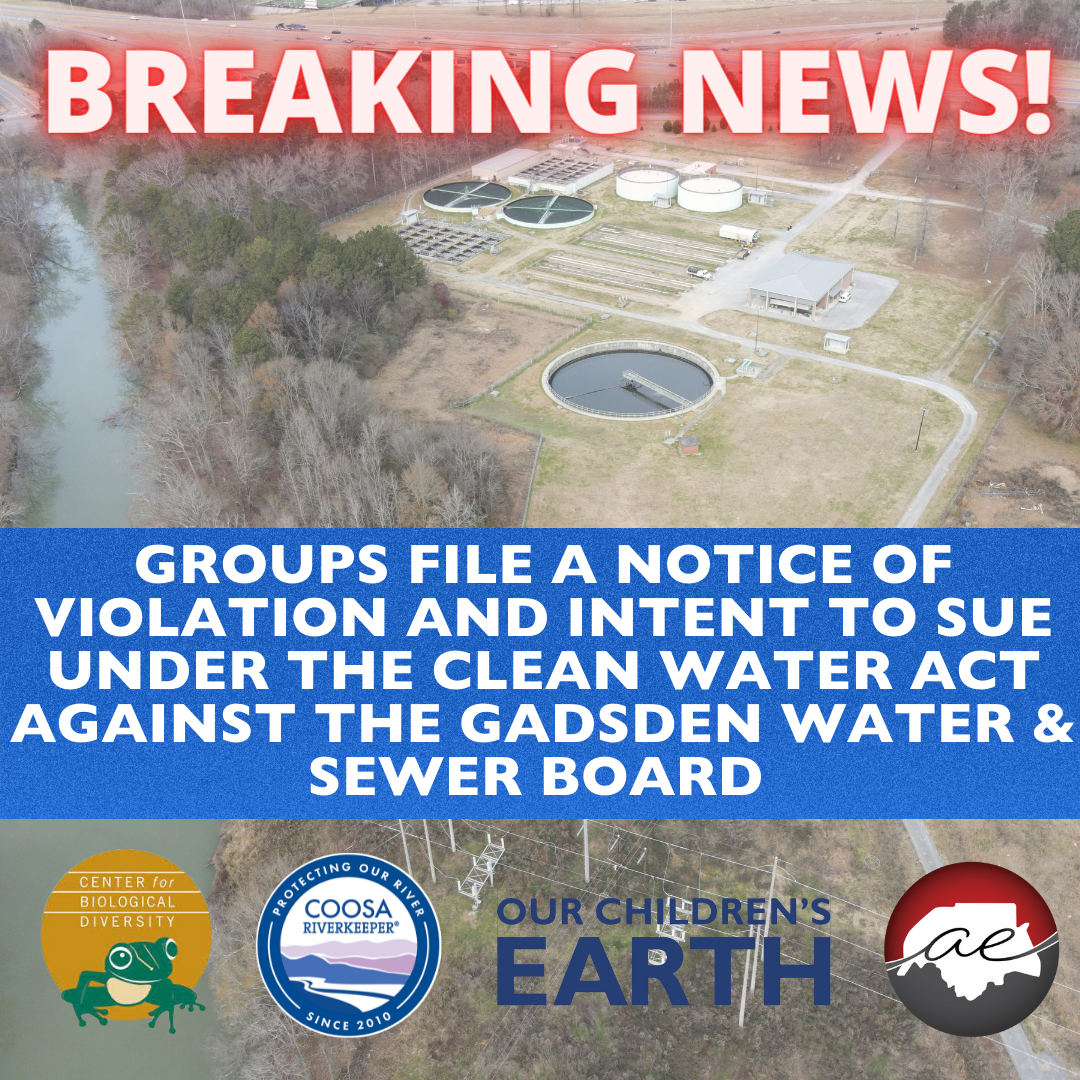
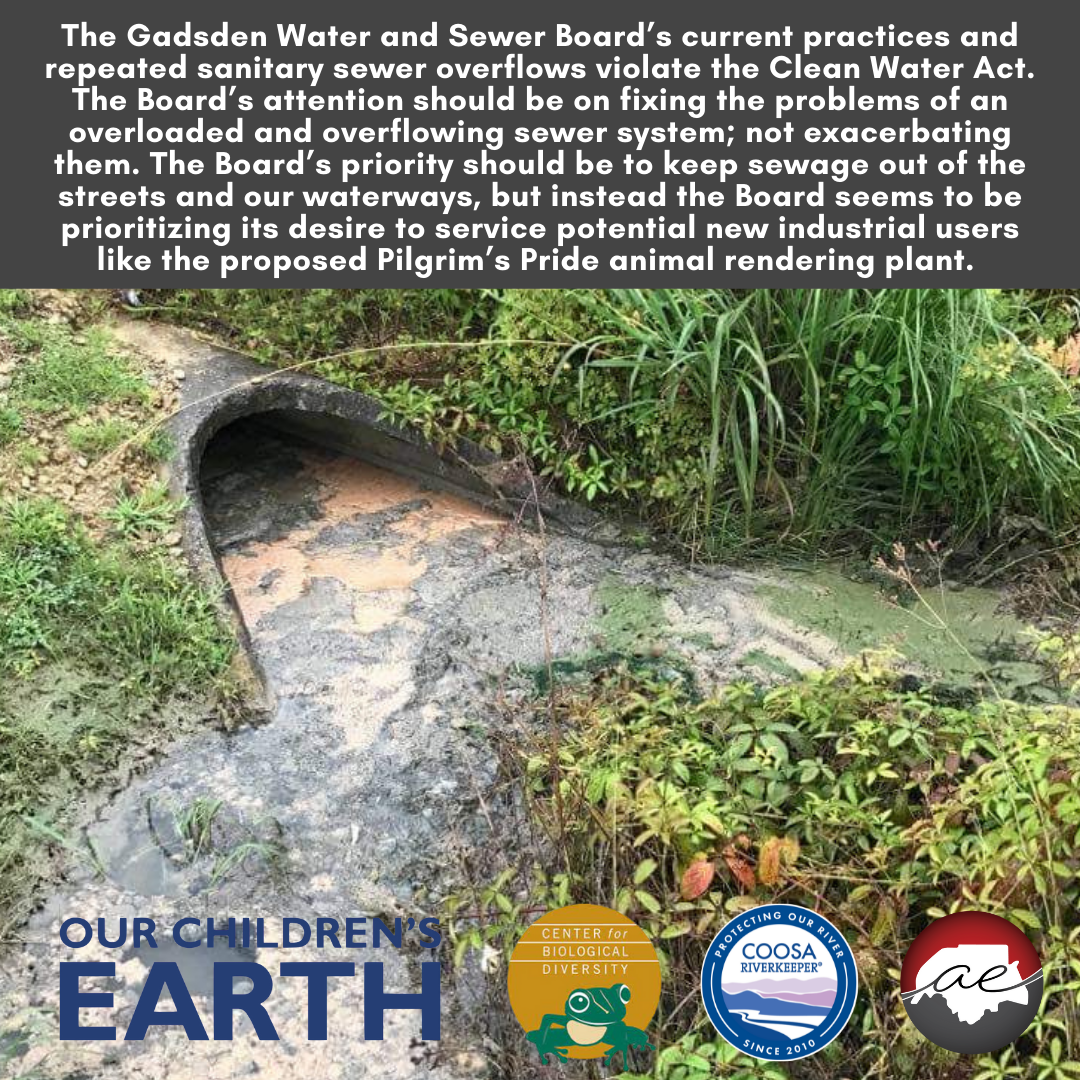
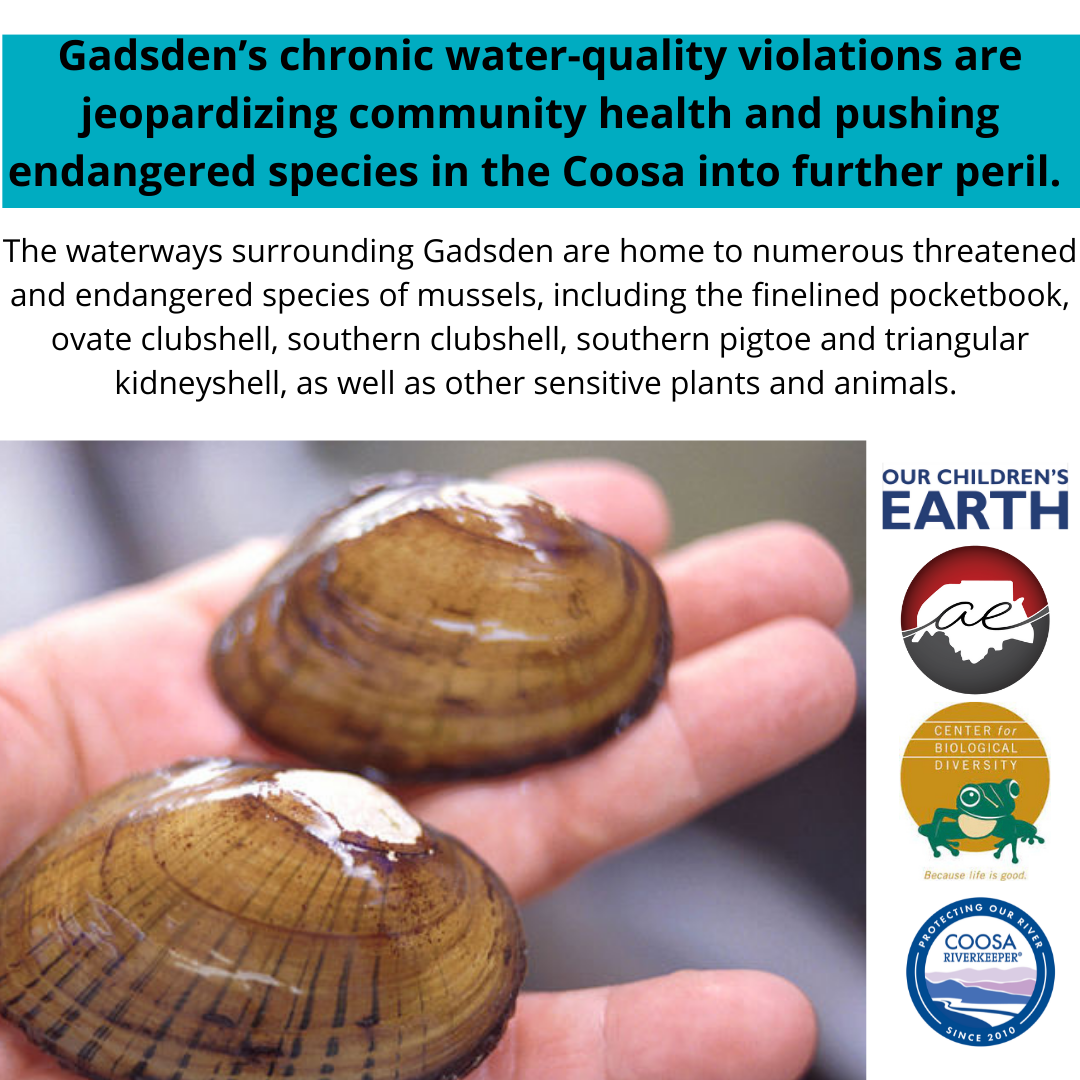
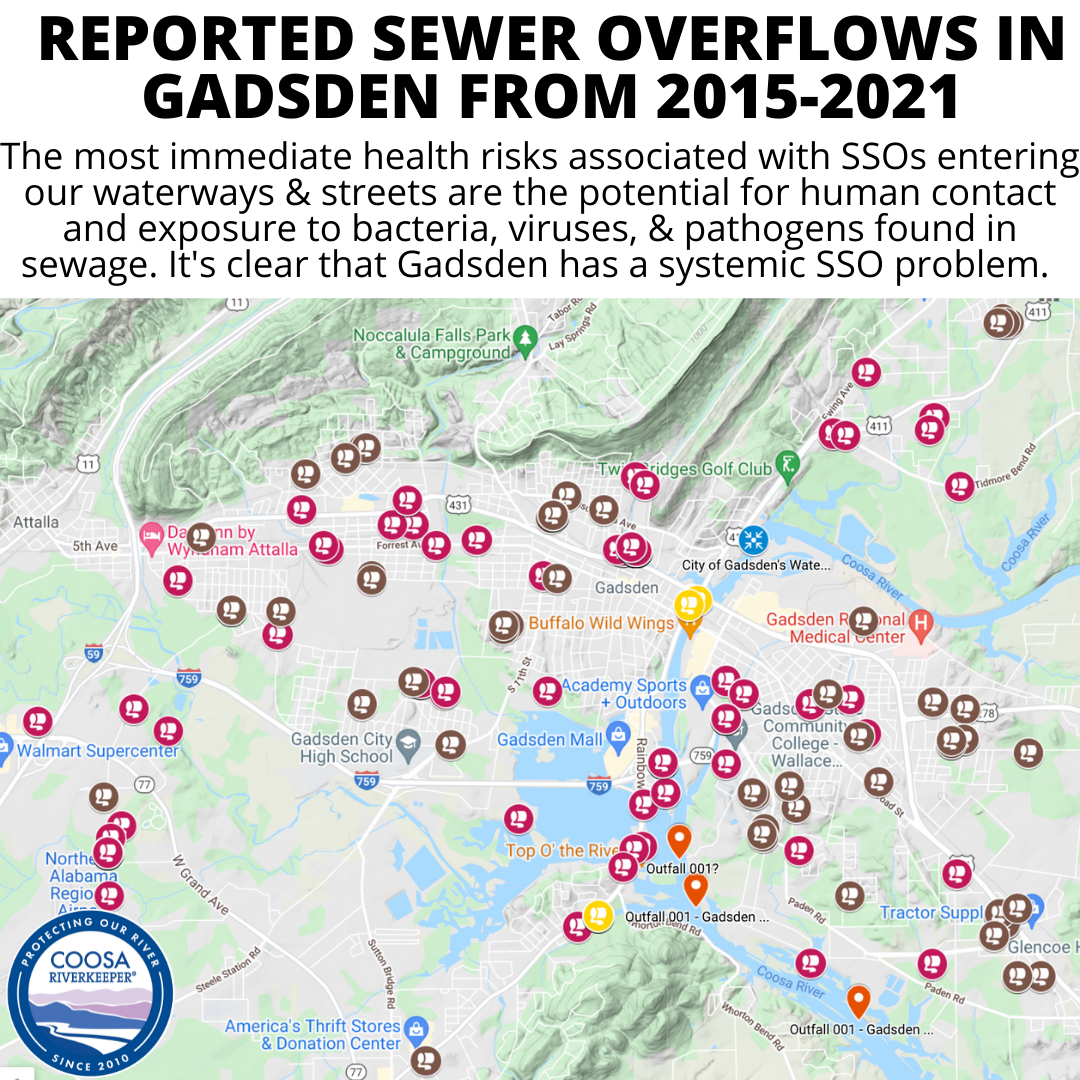
MEET THE PARTNERS IN THIS FIGHT
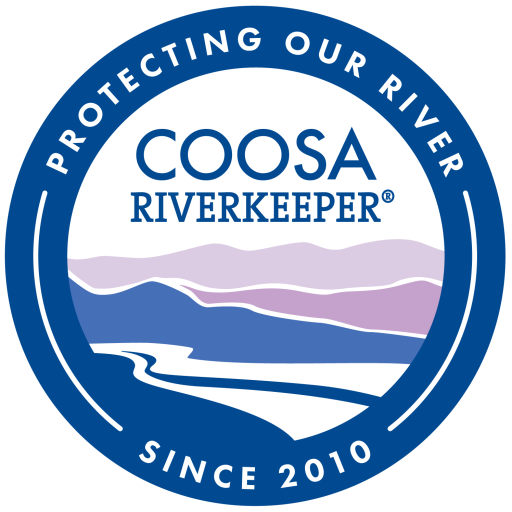
Coosa Riverkeeper
Coosa Riverkeeper is a citizen-based river conservation nonprofit organization whose mission is to protect, restore and promote the Coosa River and its tributaries in Alabama. We patrol the waters, educate the public, and advocate for the river. Learn more about our work by visiting CoosaRiver.org.

Center for Biological Diversity
The Center for Biological Diversity is a national, nonprofit conservation organization with more than 1.7 million members and online activists dedicated to the protection of endangered species and wild places. Learn more at BiologicalDiversity.org.

Our Children's Earth Foundation
Our Children’s Earth Foundation advocates on behalf of children, who are most vulnerable to pollution, to enable them to breathe clean air and use clean water. Learn more about their work at OCEFoundation.org.

Advance Etowah
Advance Etowah is working for the citizens of Etowah County for a better future. Learn more about their work at AdvanceEtowah.org.

